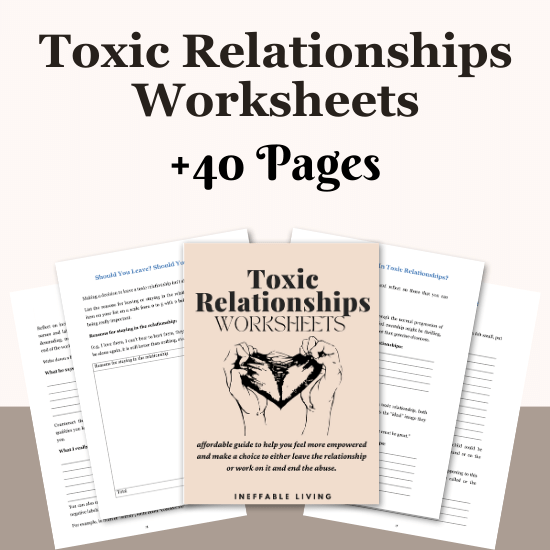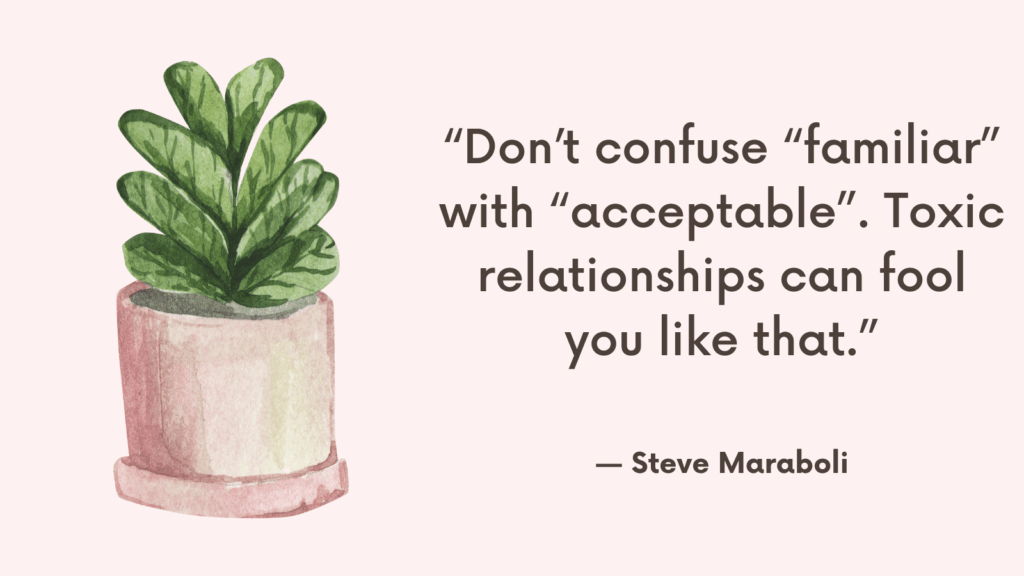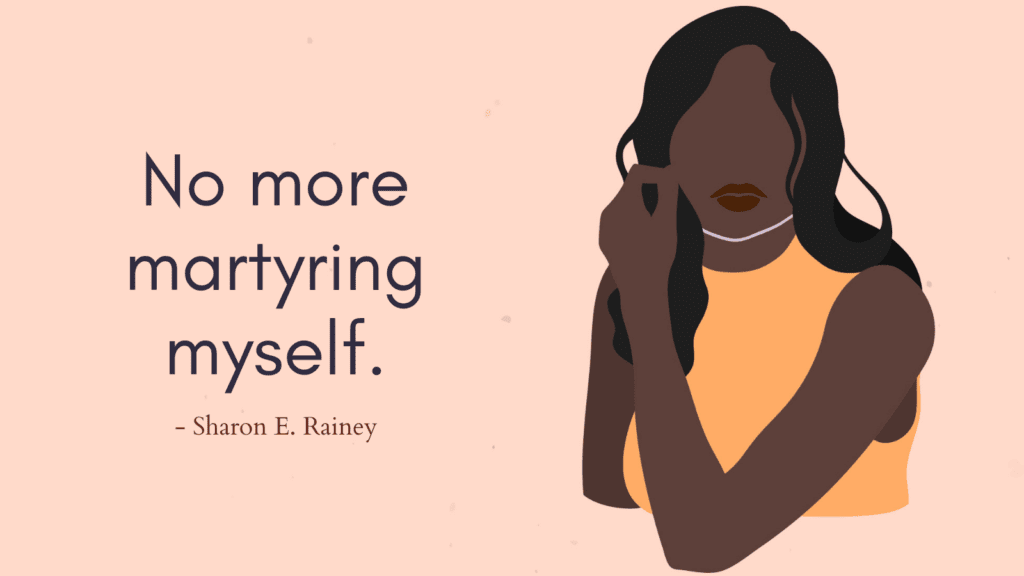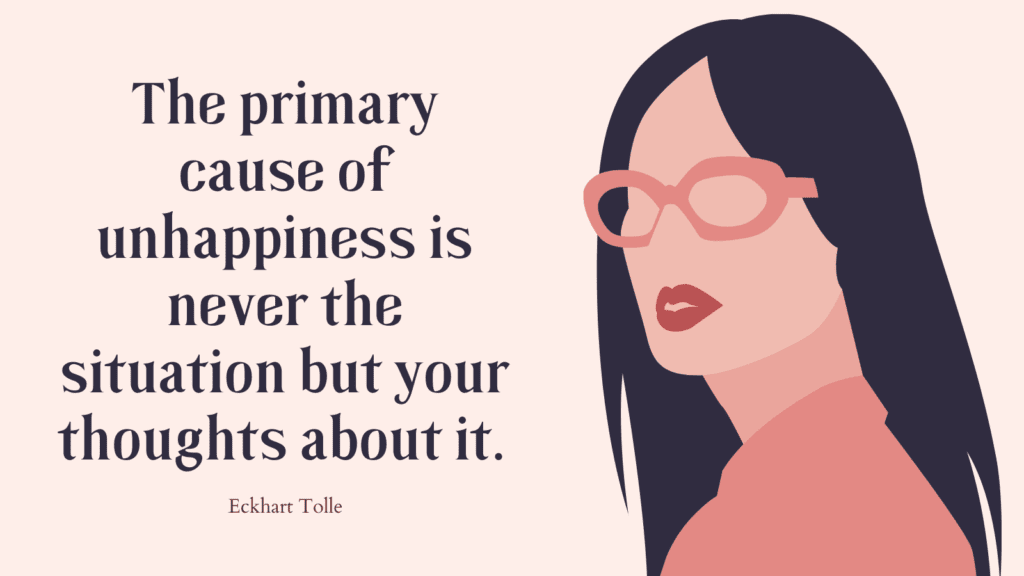In this post, you’re going to find out why we hurt the ones we love.
Why Do We Hurt The Ones We Love? Top 10 Reasons
“Why Do We Hurt the Ones We Love?” is a question that echoes through the corridors of countless relationships.
This behavior spans across romantic partnerships, familial bonds, and close friendships, challenging our ideals of love, loyalty, and kindness.
1. Attachment Theory
Attachment theory posits that early relationships with caregivers set the stage for future relational patterns.
Individuals with secure attachments are more likely to maintain healthy relationships, whereas those with insecure attachments (anxious, avoidant, or disorganized) might inadvertently hurt loved ones as a reflection of their internal struggles and fears of intimacy or abandonment.
2. Defense Mechanisms
Freudian psychology introduces the concept of defense mechanisms—unconscious processes used to protect oneself from anxiety and perceived threats.
Projection, displacement, and denial can lead individuals to hurt loved ones as a means of defending against their vulnerabilities.
Related: Earned Secure Attachment: What Is It And How To Become More Securely Attached?
3. Fear of Intimacy
For some, closeness triggers a fear of vulnerability; hurting the other becomes a misguided attempt to regain control or create distance, thus protecting oneself from the perceived danger of being fully seen and potentially rejected.
4. Stress and Emotional Regulation
Under stress, individuals may lack the capacity for emotional regulation, leading to impulsive actions or words that hurt loved ones.
These moments often reflect the individual’s inability to cope rather than their true feelings towards the other.
5. Social Learning Theory
Bandura’s social learning theory suggests that behavior is learned through observation and imitation.
If individuals grow up witnessing loved ones hurt each other as a form of communication or conflict resolution, they may replicate this behavior in their relationships.
Related: Healing Anxious Attachment In Adults In 5 Steps
6. Power Dynamics
Social and cultural norms around power can influence relationship dynamics, where expressions of power or control manifest as hurting the other, either physically or emotionally, to maintain dominance or authority.
7. Communication Breakdowns
Miscommunication and misunderstandings are prime catalysts for conflict in relationships.
In the heat of an argument, hurtful things can be said or done, often driven by frustration or the inability to effectively convey feelings and needs.
Related: Anxious Preoccupied Attachment Style (What Is It & How To Overcome It?)
How to Stop Hurting The Ones We Love?
1. Cultivate Self-Awareness
Developing self-awareness is a foundational step in halting the cycle of hurting the ones we love.
This involves examining our thoughts, emotions, triggers, and patterns of behavior within relationships.
Engaging in introspective practices such as journaling, mindfulness, or therapy can deepen our understanding of the underlying factors contributing to hurtful interactions.
2. Explore Emotional Regulation
Embracing strategies for emotional regulation is pivotal in breaking the cycle of hurt within relationships.
Practicing techniques such as deep breathing, grounding exercises, or cognitive reappraisal can help manage intense emotions and reduce the likelihood of reactive or hurtful responses during interpersonal conflicts.
Related: Affective Responsibility: Examples and Ways to Cultivate It
3. Validate and Express Emotions
Creating a supportive environment for the validation and expression of emotions is essential in nurturing healthier relationships.
Encourage open and empathetic communication where both parties feel heard and understood.
Validating each other’s emotions fosters an atmosphere of mutual respect and empathy, reducing the potential for hurtful interactions.
4. Identify Triggers and Patterns
Recognizing personal triggers and recurring patterns of behavior that contribute to hurting loved ones is a crucial aspect of self-reflection.
By identifying these triggers and patterns, we can gain insight into the underlying emotional wounds and unmet needs that may fuel hurtful actions.
This awareness forms the foundation for targeted intervention and growth.
Related: I Can’t Talk To My Husband without Him Getting Angry: Top 8 Things to Do
5. Practice Active Listening
Active listening is an instrumental skill in transforming hurtful dynamics within relationships.
Commit to truly hearing and understanding the perspectives and feelings of our loved ones without judgment or defensiveness.
Cultivating active listening promotes deeper connection, empathy, and constructive conflict resolution.
6. Foster Empathy and Compassion
Cultivating empathy and compassion towards our loved ones is integral to breaking the cycle of hurt.
By fostering an empathetic mindset, we can enhance our ability to recognize and respond to the emotions and experiences of others with kindness, understanding, and support.
Related: 10 Toxic Communication Styles to Avoid In a Relationship
7. Embrace Conflict Resolution Skills
Developing effective conflict resolution skills is crucial in preventing hurtful interactions and facilitating constructive dialogue.
Learning and practicing collaborative problem-solving, assertive communication, and negotiation techniques can help navigate disagreements and challenges in a respectful and empathetic manner.
8. Promote Accountability and Repair
Taking accountability for our actions and their impact on our loved ones is a vital component of halting the cycle of hurt.
Engage in honest self-reflection, take responsibility for harmful behaviors, and initiate sincere efforts to repair the emotional wounds caused by past hurtful interactions.
9. Establish Boundaries
Establishing and respecting healthy boundaries within relationships is essential for preventing hurtful behaviors.
Clearly defining and upholding personal boundaries, as well as respecting the boundaries of our loved ones, fosters a foundation of mutual respect, safety, and emotional well-being.
Related: How To Communicate With Your Partner Without Fighting?

Conclusion
The complexity of human relationships ensures that the question “Why do we hurt the ones we love?” remains relevant across generations and cultures.



